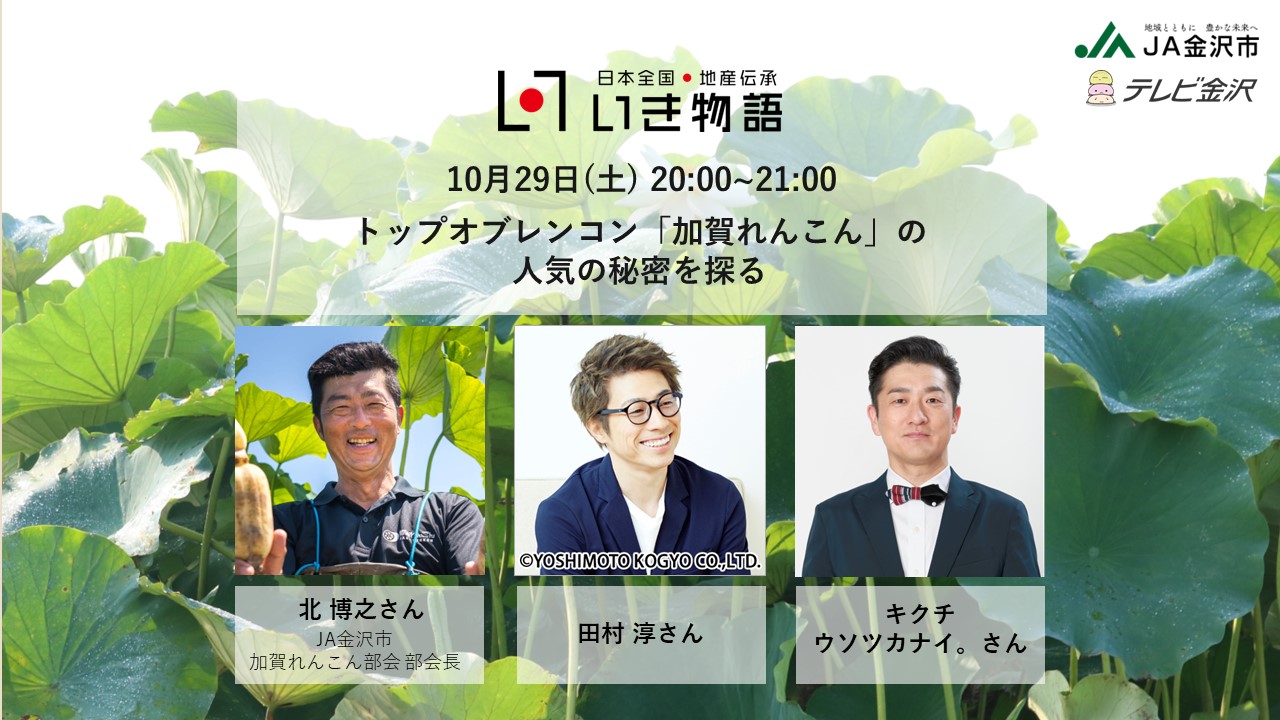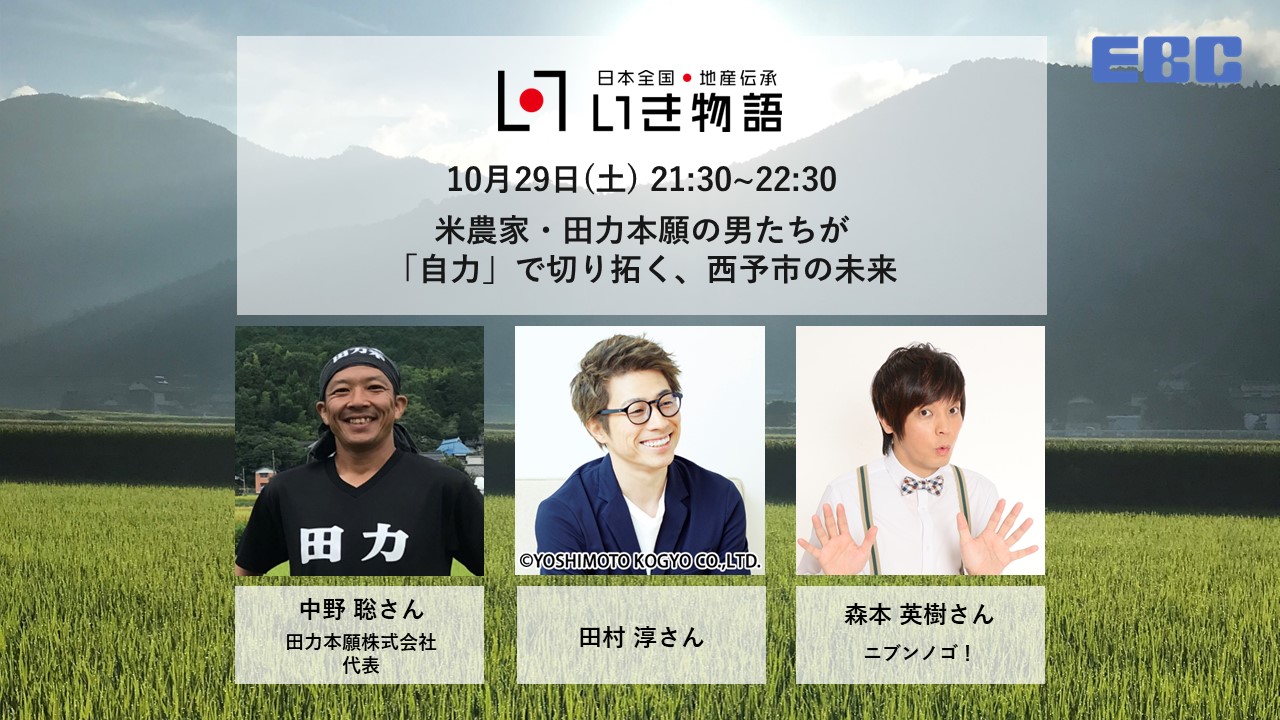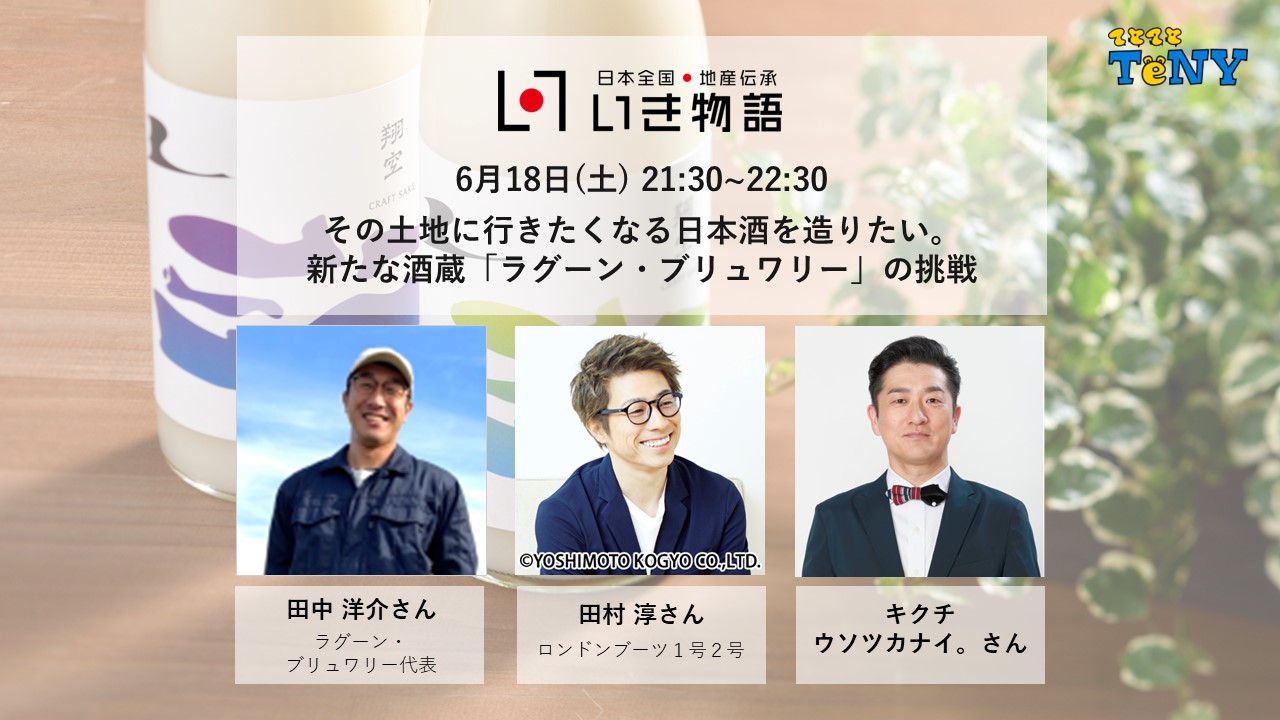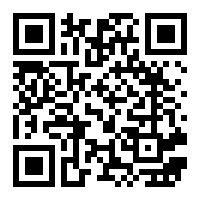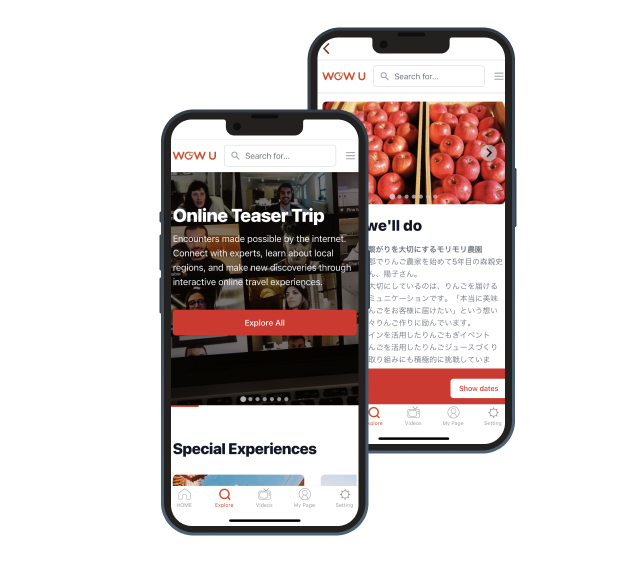What Is True Hospitality? LGBT Couple Traveled With WOW U-guides In Japan
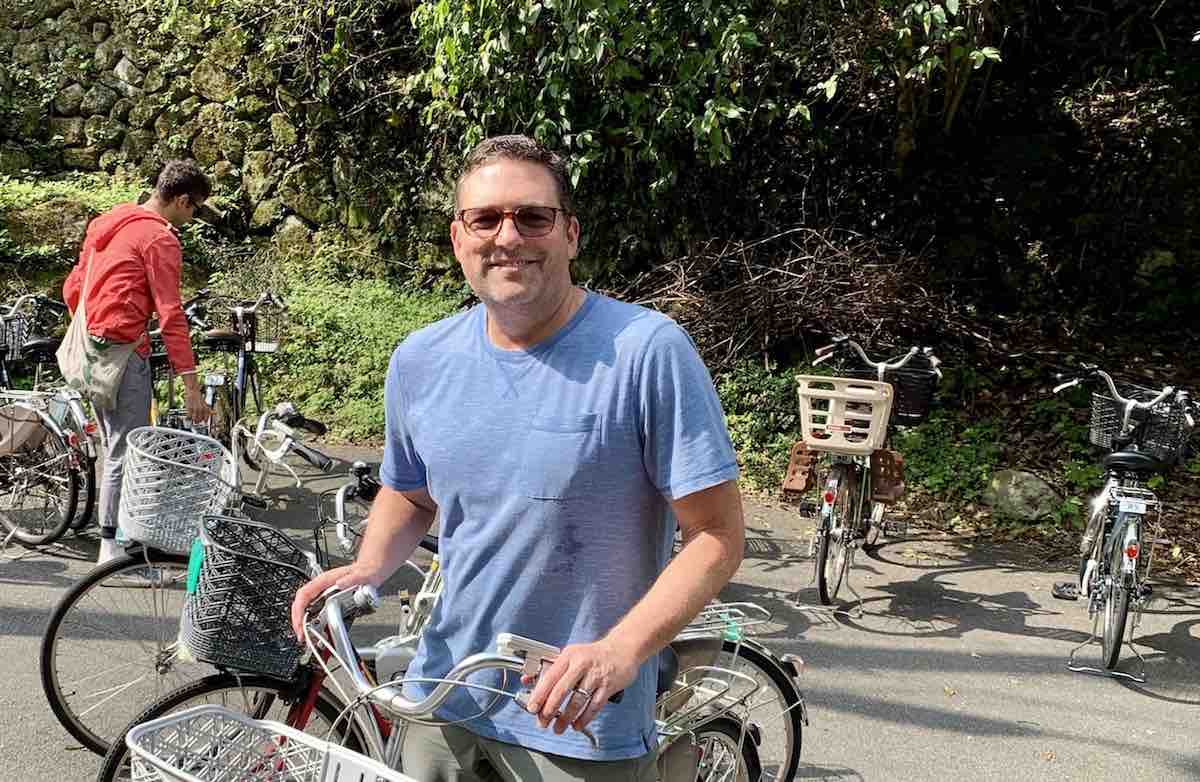
This time we talked to Glenn from America who stayed in Japan for 5 weeks doing various activities with his husband, Michael. They experienced all parts of Japan, from urban Tokyo to rural prefectures. We asked him to share his overall thoughts about the trip. For example, if he had any concerns as a gay couple coming to Japan, or how he decided which places to visit.
Loved Watching The Local Life In Foreign Country!
Where did you visit and how did you decide your destinations in Japan?
We wanted to visit the rural side of Japan, which included a total of 9 prefectures, in addition to the city life of Tokyo. In the urban area of Tokyo, I was interested in having a more local experience, like seeing how the Japanese people would spend their weekend. In smaller cities such as Kyoto, Kanazawa, and Matsumoto, I focused on visiting the main tourist sites. Most of the trip, however, focused on the more rural areas in Nagano, Ishikawa, Wakayama, Niigata, Yamaguchi, Shimane, Hyogo, and Kyoto prefectures. We were very interested in experiencing the traditional customs and local cuisines of rural Japan.
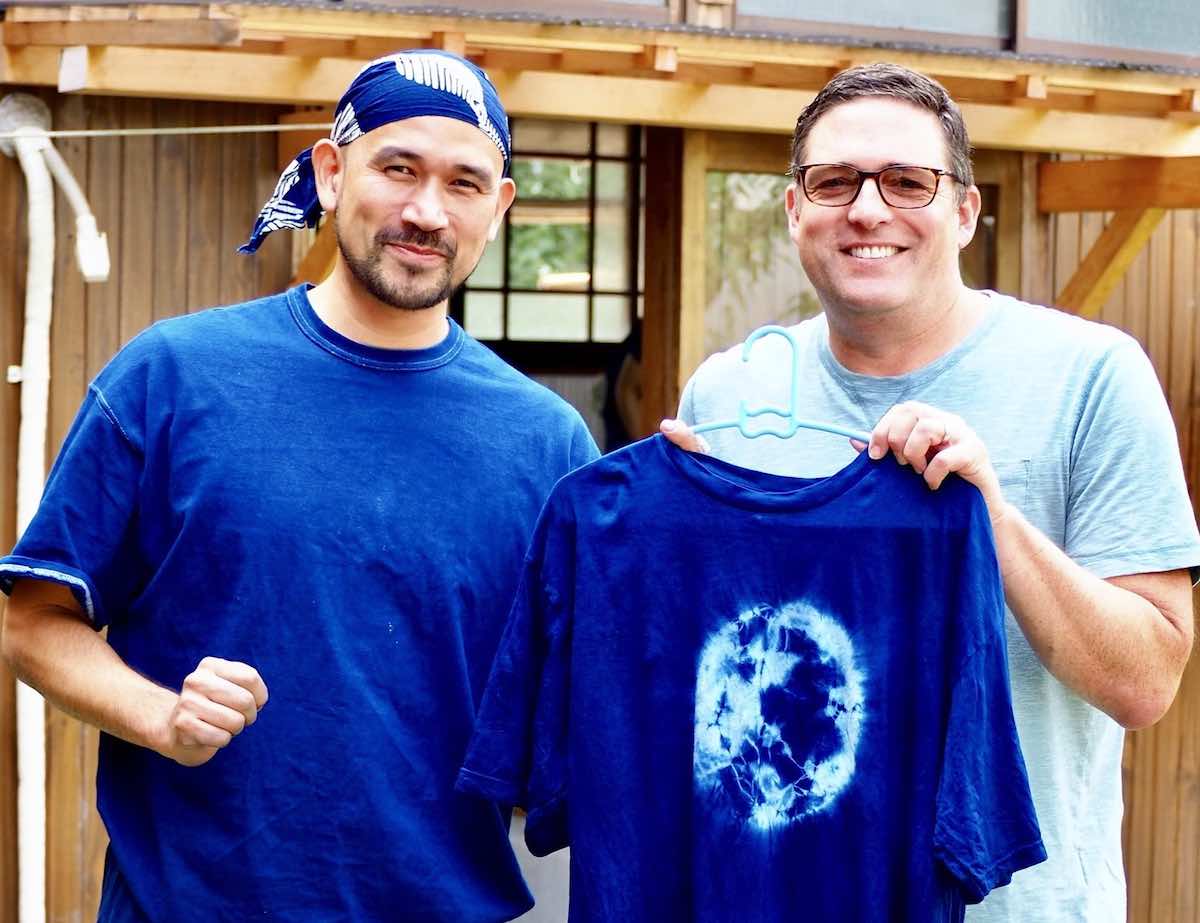
natural indigo dyeing
Where were your favorite places?
I enjoy meeting local people and learning about traditional crafts so I really loved Sado Island, Yamaguchi and Shimane, where we participated in many activities. For instance, we met with a famous bamboo artist on Sado, a 12th-generation Hagiyaki* master in Nagato and we had fun with authentic, natural indigo dyeing in Matsue. We were inspired by the dedication and love these artists have for their work. We also had fun with calligraphy and traditional straw handicrafts in Kinosaki Onsen.
*Hagiyaki is a type of traditional pottery made in Hagi City, Yamaguchi. It is famous for its earthy texture.
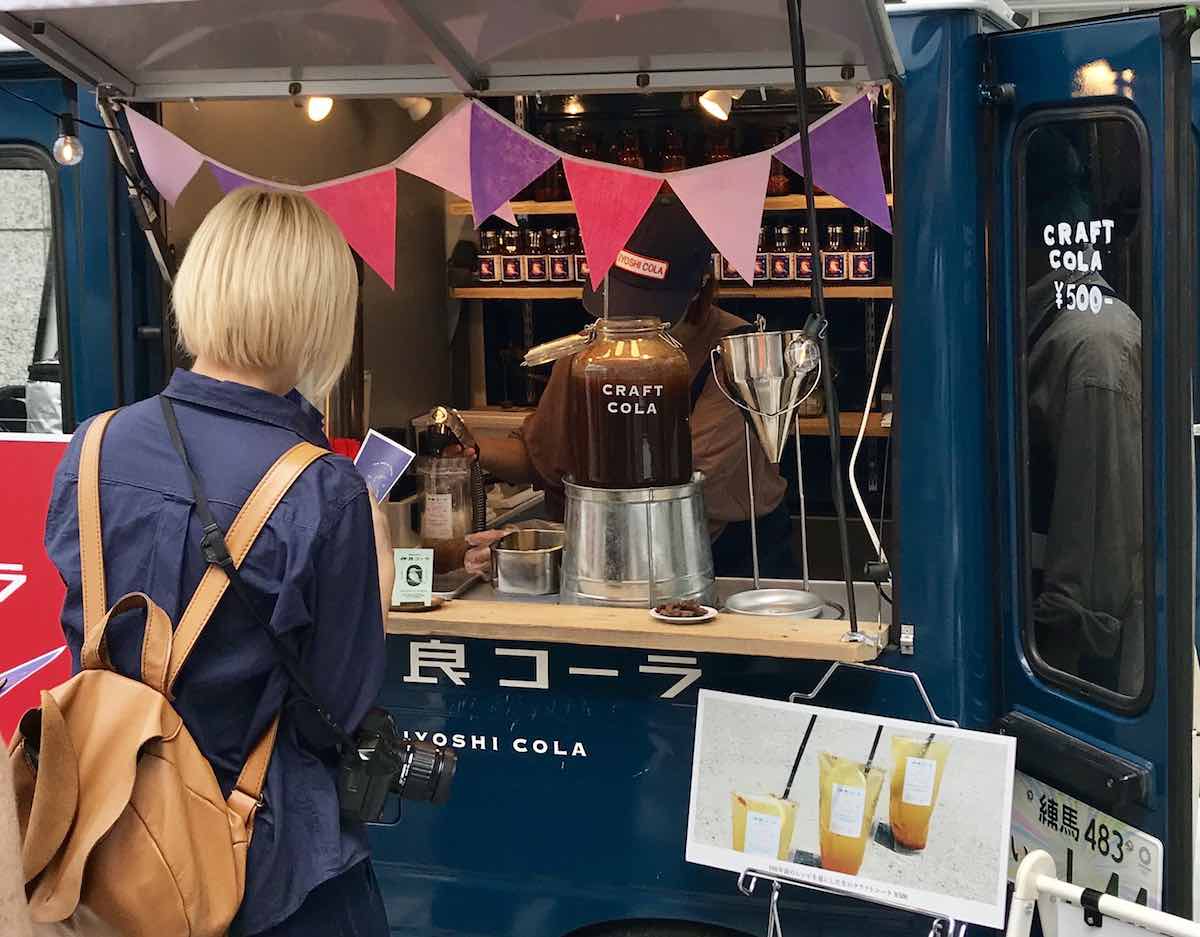
IYOSHI COLA at AOYAMA Farmer's Market @UNU
Tokyo was also one of my favorite places. WOW U guide Mrs. Setsuko Kubotera took us to AOYAMA Farmer's Market @UNU that opens only on Saturday and Sunday so we could see the weekend life of Tokyo’s urbanites. I tried Iyoshi Cola (Craft Coke) which is made only in Japan, and it was delicious!
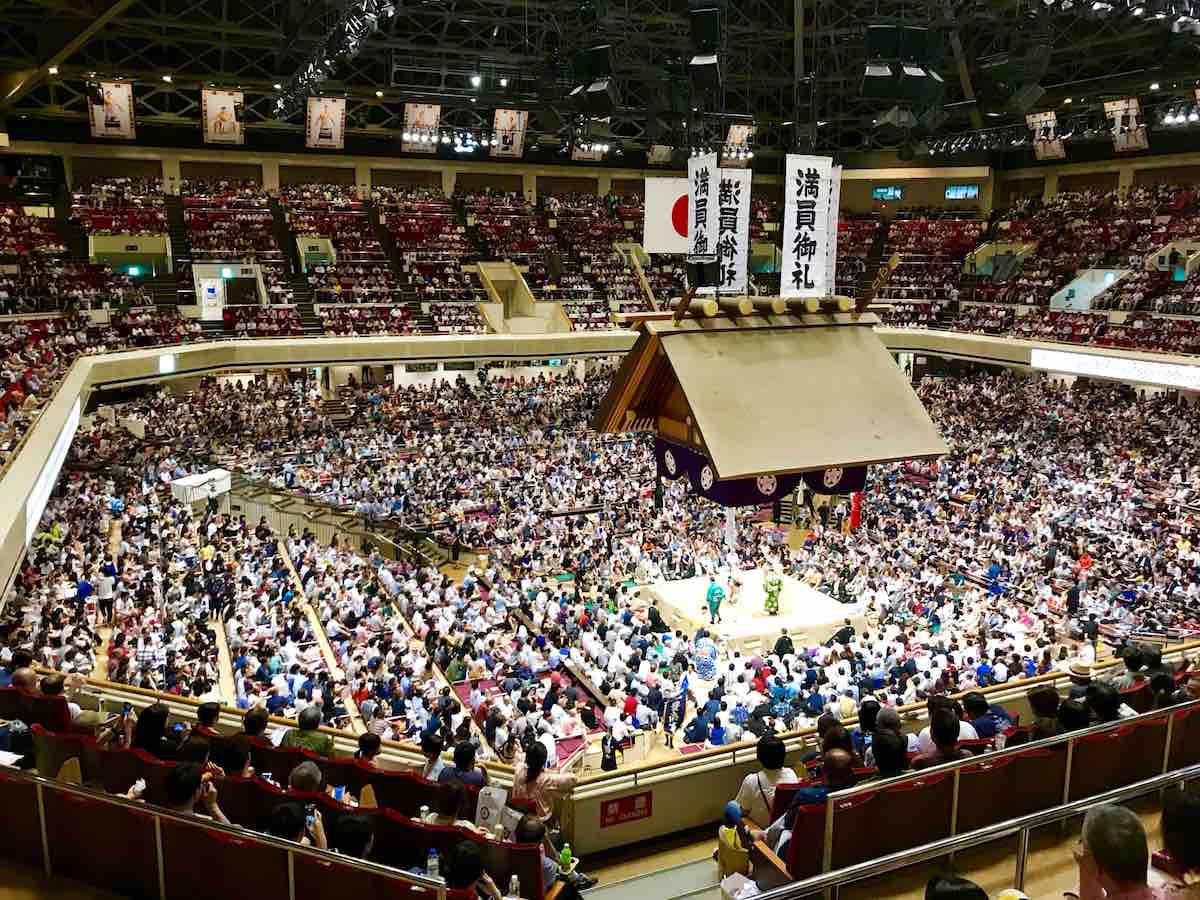
Sumo Tournament
We also went to the Grand Sumo tournament in Tokyo. Our guide, Mrs. Kubotera, got us Sumo tickets to the tournament by entering the lottery, which was really lucky. Watching the locals cheering during the sumo tournament was as much fun as watching the actual sumo matches.
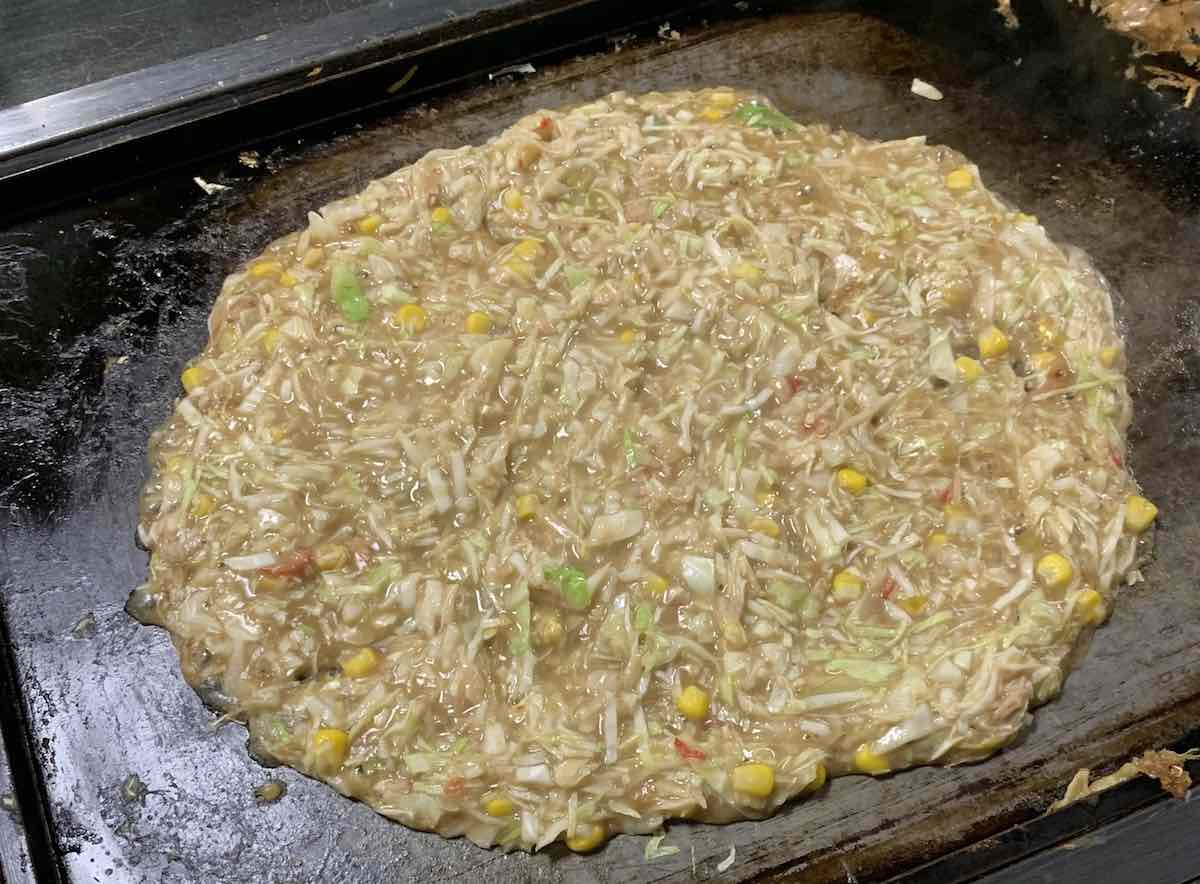
Monjayaki is a light meal similar to okonomiyaki
We went to Tsukiji to see the market and had lunch at monjayaki* alley. The small eatery our guide took us to was her favorite monjayaki place and it was packed with locals, most of whom were drinking beer and having lots of fun. It was a super fun lively local environment, and we felt very welcomed and we loved the vibe there.
After the delicious lunch, Mrs. Kubotera suggested seeing elevator girls at Takashimaya, which is something we don’t have in America. It was interesting to observe their trained animatronic behavior. They were even trained to blink certain way. It was true when she said they're almost like robots.
Elevator girls should have been unique! You seem to have been to many places. How was the transportation?
Well, we mostly used trains but also took the occasional taxi in the cities. Our WOW-U guides helped us with the trains in Tokyo and Kyoto but for the longer train trips, we purchased the tickets in advance, as we wanted to have assigned seats. I downloaded the HyperDia app and it was an invaluable resource to check the train schedules in Japan. It was super easy to use.
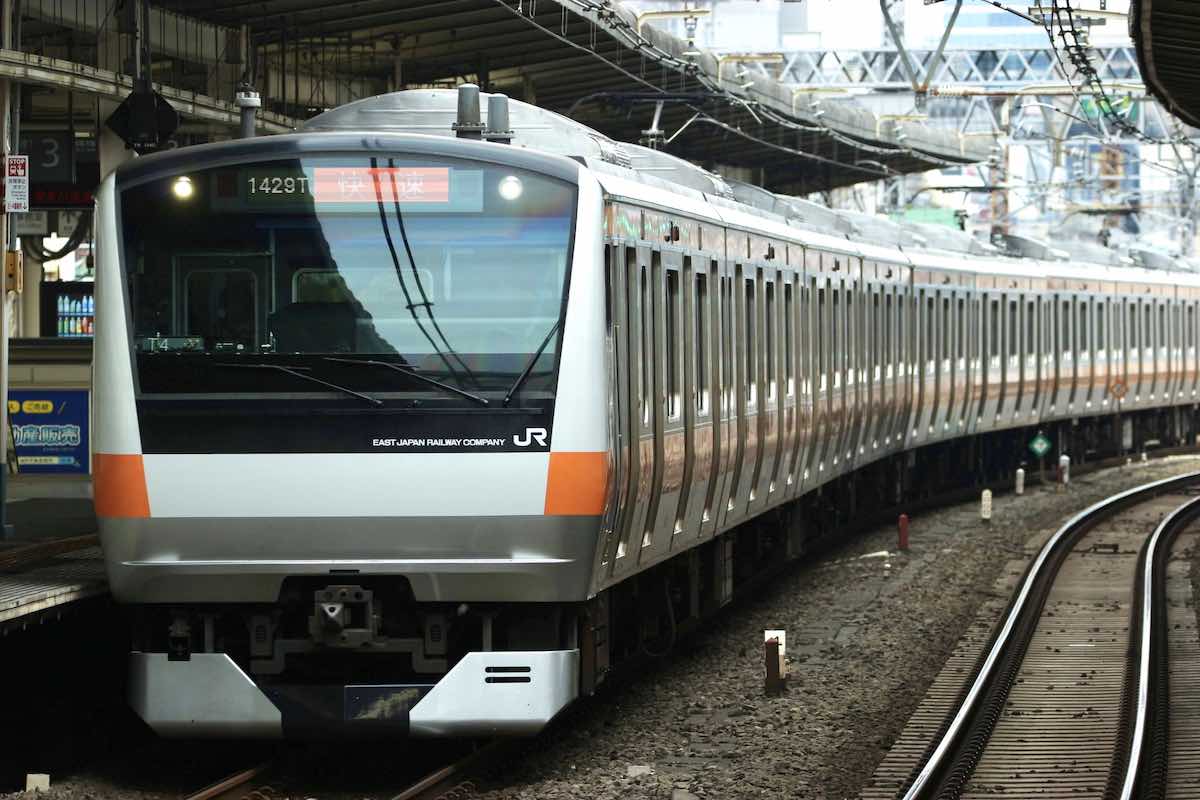
Japanese people use the similar app a lot too! By the way, have you ever been to Japan before?
I used to be a Flight Attendant and my husband still is so we have actually been to Japan many times before, but mostly just in and around Tokyo. I also have many Japanese coworkers, acquaintances and friends.
Did you have any concerns before coming to Japan?
I’ve been traveling around the world for about 35 years, not only to Japan, so never really had any serious concerns about traveling. Maybe my only concern was the cost of traveling! Generally speaking, most things in Japan are quite expensive, especially if you are trying to have a more luxurious experience. So I knew it was going to be a very expensive trip. There are some countries where people casually ask “Are you married?” “Do you have children?” or similar types of personal questions. However, Japanese people don't usually ask personal questions like that. Maybe they will ask personal questions after they get to know you a bit, but they will not ask such questions during their first encounters with you. I didn’t discuss my personal life with guides or other locals very much, so the topic never really came up, even though I was traveling with my husband for most of the trip. I’m not sure if most people we encountered assumed we were a couple or maybe brothers or just friends.
Japanese sometimes ask questions like "Is the souvenir for your girlfriend?" Although they will ask these kind of question with no offense, do you still feel uncomfortable when you are asked such kind of questions?
I don’t feel uncomfortable with those types of questions but my answers may differ depending on the situation, and where I’m traveling. Sometimes I will just say I don’t have a girlfriend and sometimes I will say I have a husband. I think a much better question would be, “Is there someone you would like to buy a gift for?” or, “Is there someone special you’d like to buy a souvenir for?” or something like that. Girlfriend/boyfriend and husband/wife really should never be assumed.
It’s Tough To Choose The Destination From Tons Of Information
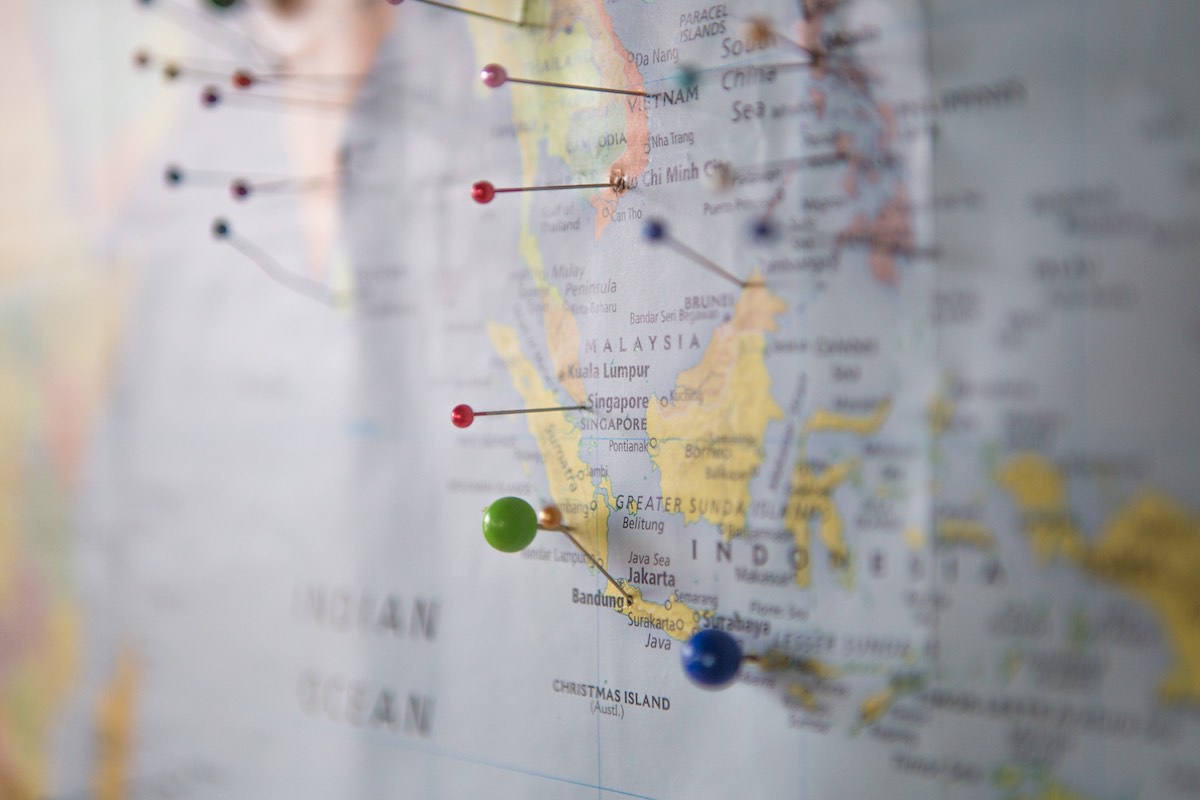
You visited some places with guides. Was it helpful?
I think it is important to have a guide, especially in rural areas, because less English is spoken and locals are less exposed to foreign travelers, in general. In some off-the-beaten-path locations, it was not as easy to communicate as it was in urban areas, so having a guide who can also provide translation services is incredibly valuable.
What's also helpful about hiring guides is that they can make suggestions about where to go based on your specific interests. Big cities like Tokyo or Kyoto have so many significant sites, so it is difficult to narrow it down to few spots, especially if time constrained. Guides can not only narrow down the places of interest for you but they can also suggest the best route to travel, restaurants and accommodations, considering your budget and time.
Yes, it’s difficult and time consuming to find what you really want from too much information.
It’s true. Japanese websites, especially for more obscure/remote areas can be very complicated and many of them do not have English versions or even if they do, the English versions aren’t translated well.
One thing that I found is that Japanese websites like to put all the information on the homepage, which can be extremely confusing. American websites don't function that way; they use very specific layouts and designs that draw people in, rather than hitting the user with so much information at first click.
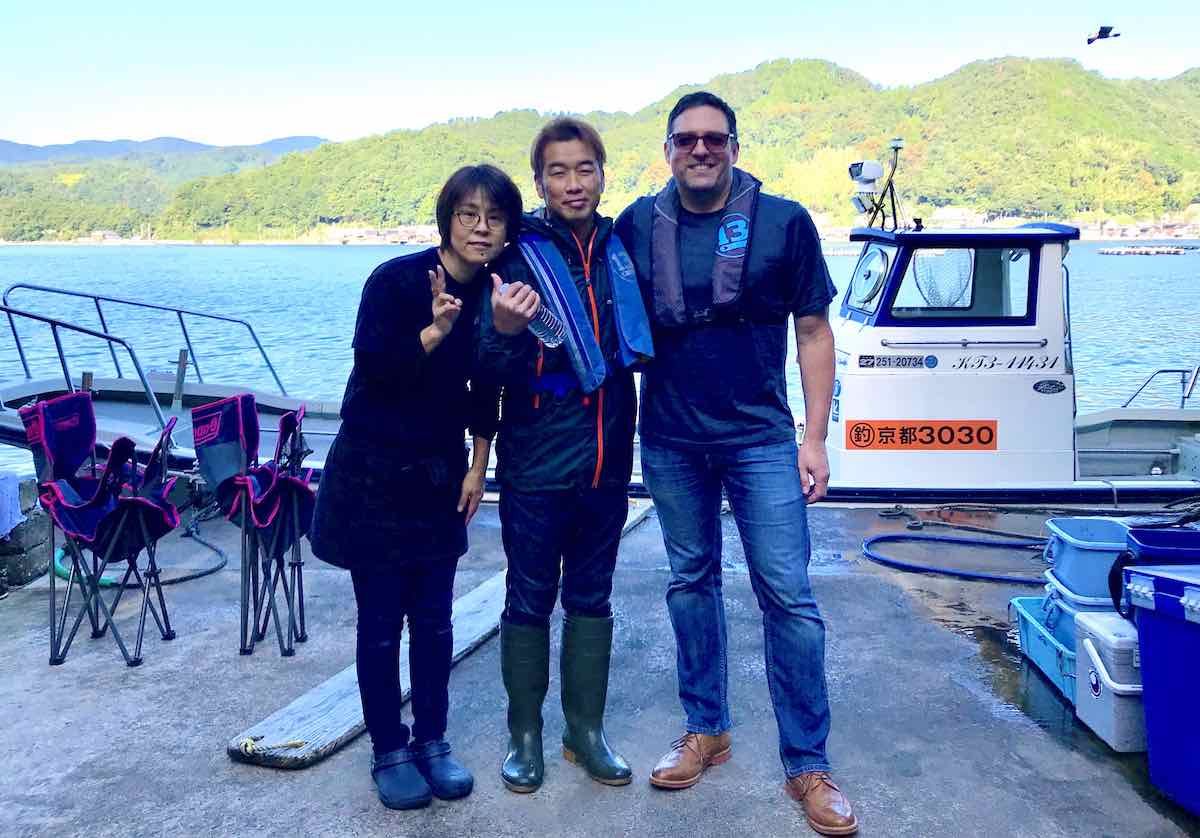
in Kyoto
During the last part of my trip, I met people from Hyogo and Kyoto prefecture in Kinosaki Onsen, Miyazu (Amanohashidate) and Ine, located next to the sea. In these locations, representatives from DMOs guided me and served as translators for us. It was great fun. I learned from them that even in more remote areas, deciding where to go may be daunting if you try to figure it out by yourself. Guides can make the task so much simpler. So, if traveling with a knowledgeable guide, I strongly recommend taking their suggestions and advice, as it can vastly improve the visitor’s experience in Japan.
Thinking About Diversity
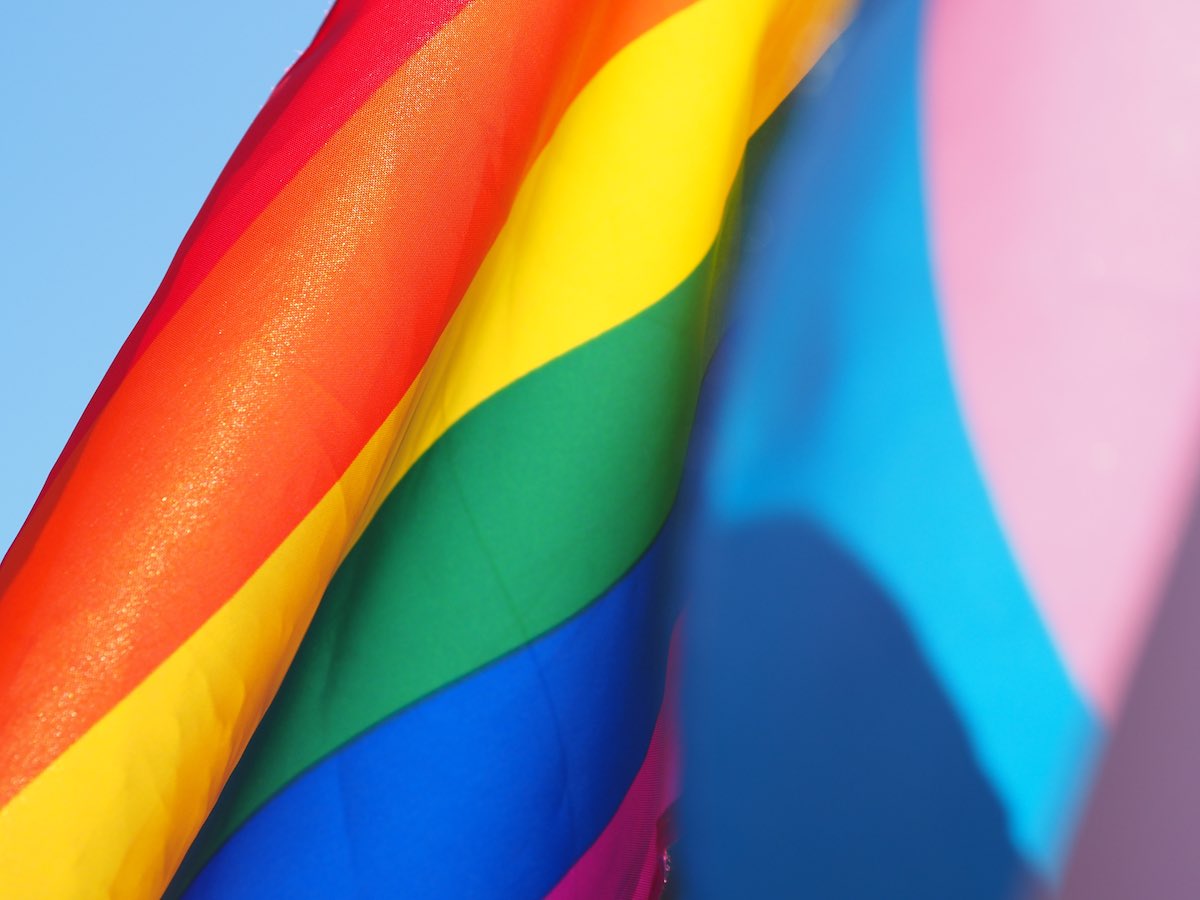
We, at EXest would like to offer all kinds of WOW U-guides / WOW U-mediators* from diverse nationality, sexual orientation, dietary preferences and so on. Do you hope to have an LGBT guide or mediator?
The main focus of this trip was not to explore the gay culture in Japan, so having a guide who’s also gay was not important. However, in the larger cities (especially Tokyo), I think it would have been really fun and interesting to explore the “gay side” of the city – neighborhoods, restaurants, hangouts, resources for gay people, etc., and of course, having a gay guide would make it more meaningful. Having a guide anywhere in Japan who is also part of the LGBT community would add a refreshing perspective to the trip and could help add to the comfort level of traveling in an unfamiliar culture. Generally, though, a guide who is knowledgeable, friendly, adaptable, and has clear communication skills is an important factor for having a successful trip.
*WOW U-mediators: Local guides who have something specific they feel that is “WOW” and special about Japan and are enthusiastic about sharing it with travelers from overseas.
Is there anything you would like to add on this interview?
I am very grateful that WOW U guides provided flexibility based on our preferences. Americans may be spontaneous and request something that was not part of the original schedule. Less experienced guides may get upset or confused when they are asked to do something different from the originally planned activities; however, Wow U guides were very open minded and tried to adjust the schedule for us so it was very nice and accommodating of them.
Editor’s Note
For this interview, we wanted to focus on the value of the guide for LGBT people visiting Japan. We wondered if the guide can help alleviate anxiety of LGBT travelers. However, according to Glenn, there aren’t very negative views on LGBT travel in Japan.
It turned out that it is important for the guide to not treat LGBT people specially. Of course, a little extra care may be needed but overall, they don’t need to be treated differently. It’s important for guides to understand LGBT. Guides should not consider LGBT different than others and should guide them same as they would guide other tourists. They should treat LGBT equally not because they don’t care about LGBTs but because they understand LGBTs are just like others. We think this is the true hospitality.
Although the result was quite different from the original expectation, I feel that an essential answer has been obtained.
It was good to see that Glenn enjoyed his trip. We are glad to share his experience as EXest.
Lastly we want to appreciate Glenn for interviewing with us.
Check out the article about Interview article.
Sponsored Links
Unmissable Tours
Expand your horizons by interacting with diversity. Take a look at guided tours on which you can connect personally with the guides and have truly extraordinary experiences.
Search
